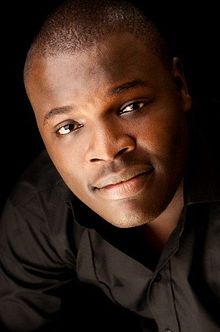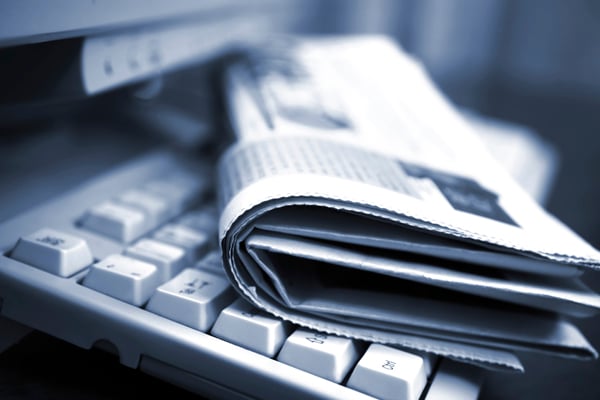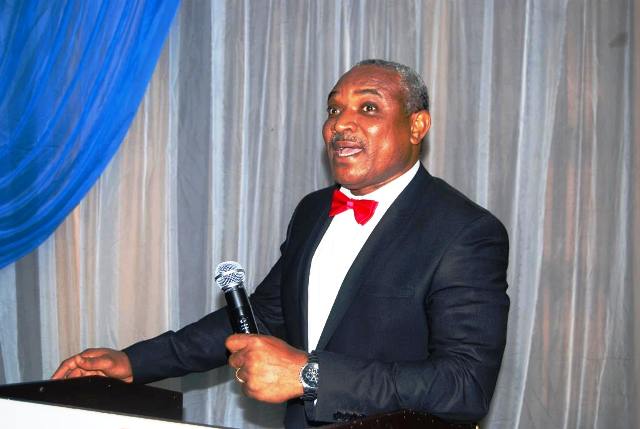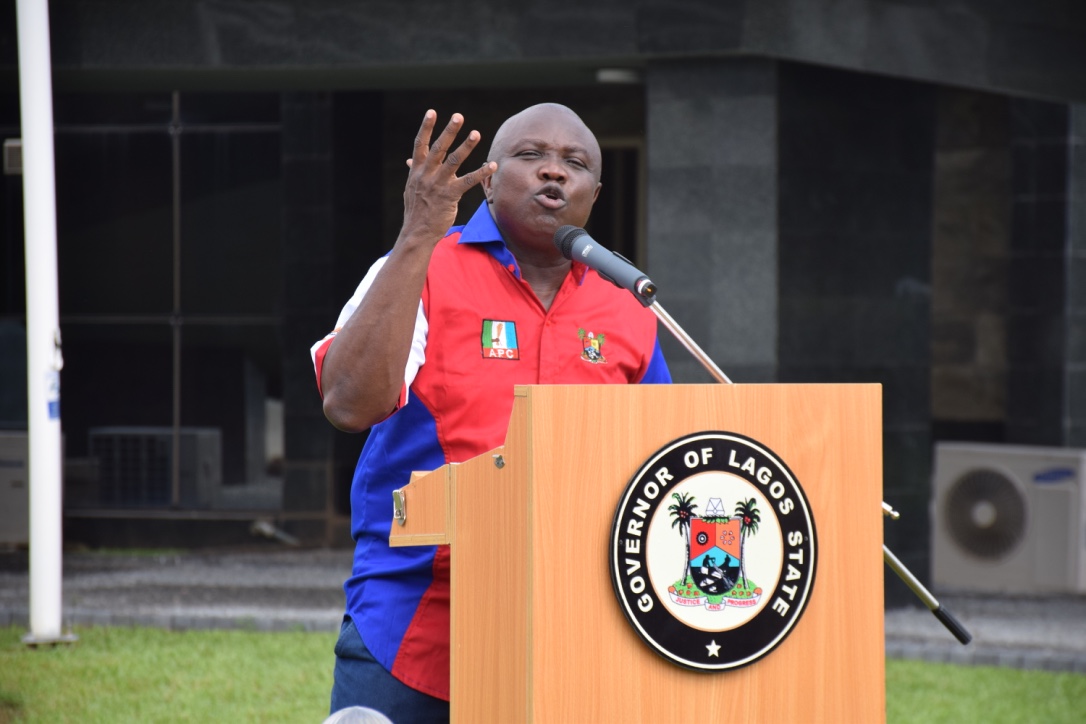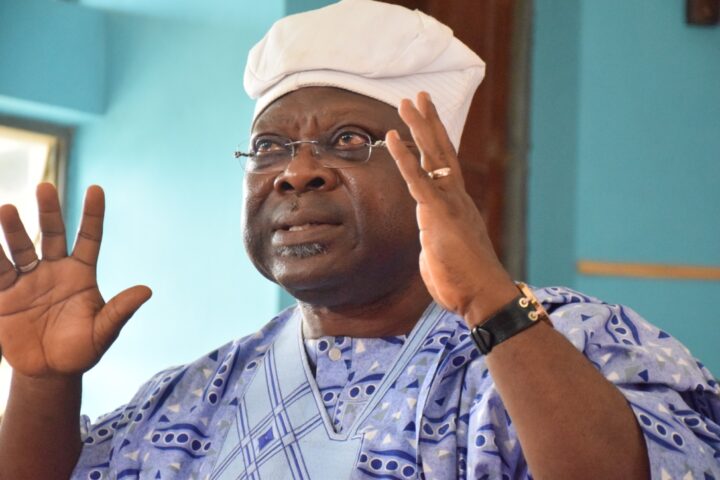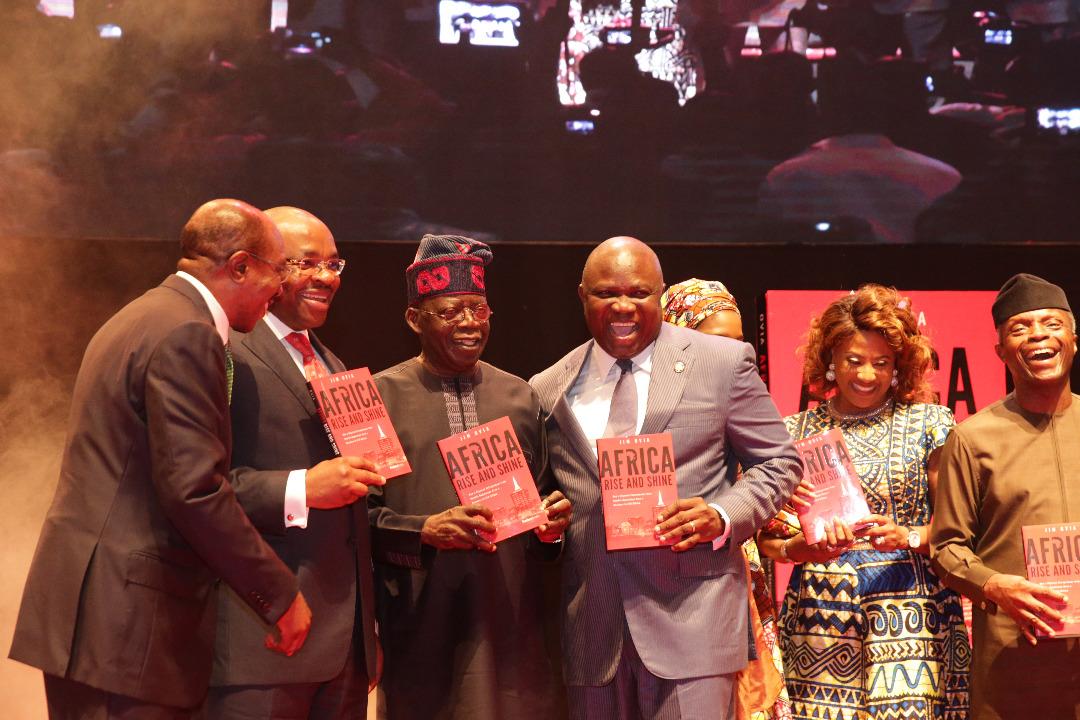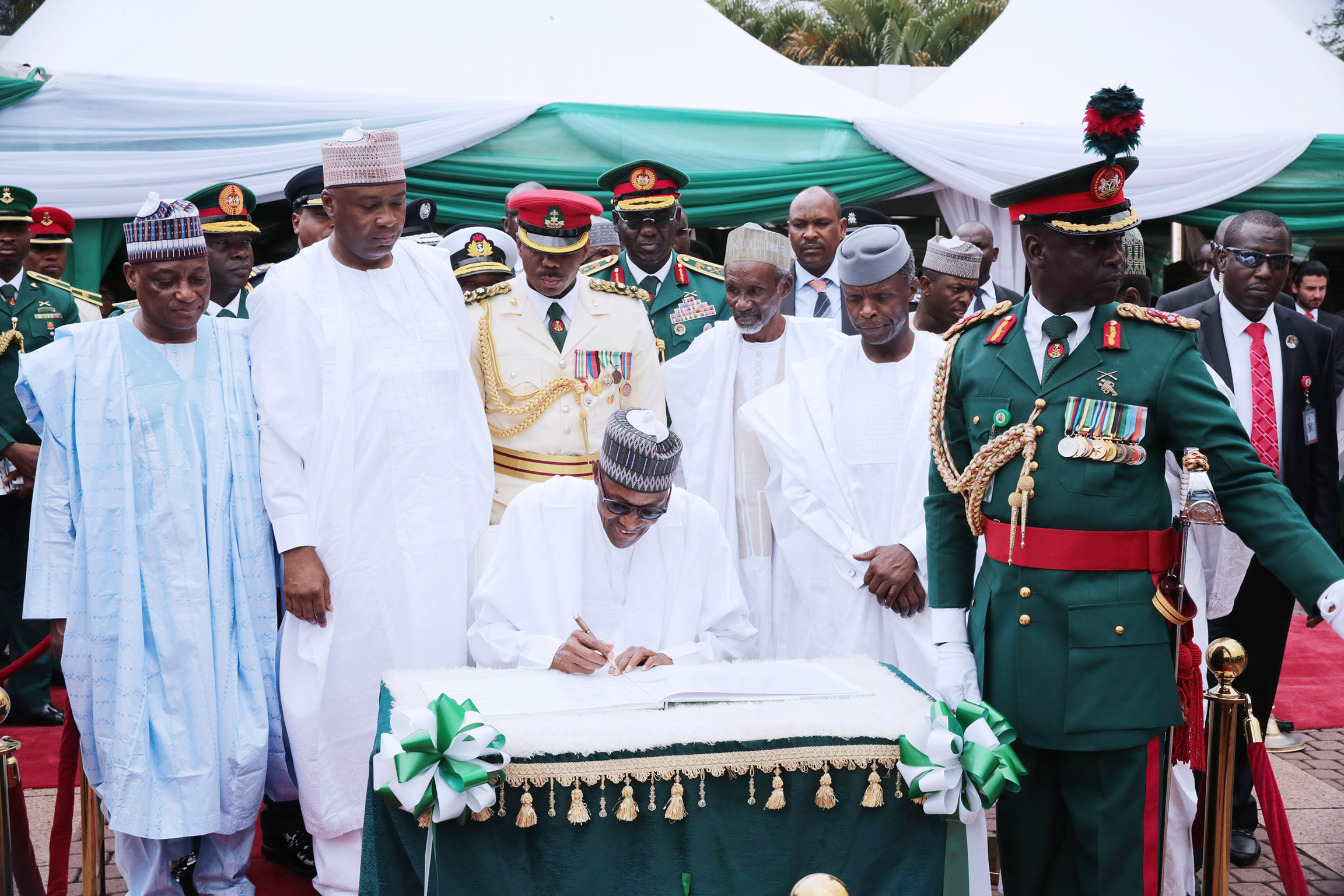“Nigeria is ON COURSE? Chude?! Are you and I not in this same country?”
“I know. It’s almost a sacrilegious thing to say to any elite group – certainly an unpopular sentiment. I’ll be attacked for daring to voice it. But a truth is no less true because it’s unpopular.”
I entered into a serious debate with a dear aunty a couple of days ago. She knows that I worked for Muhammadu Buhari’s election with all of my heart in 2015 because I believed deeply in his candidacy. Still, she cannot understand why I would say that, knowing all that I know now, if we went back to 2015, I would still support that candidacy.
She thinks I am just being stubborn.
Advertisement
It is much easier for her, to come to terms with my 2015 commitment if, in light of the damage Buhari has done, especially to Nigeria’s economy since he became president, I said ‘I did this with the best intentions, I supported him with all of my heart, and I was wrong’.
To be completely honest, after years of reflection on one of the most important uses of my talent and spirit, I really wish I could. Because it would affirm one of the more important of my values – that of saying I am wrong, and then sorry, very easily.
Unfortunately, and despite the benefits of that public ritual, in this case that would be a lie, and it would be a lie that betrays my personal (and contestable) vision for my country.
Advertisement
So I want to assure you that if you’re a Nigerian reading this, who is enraged about Buhari and believe that voting for him in 2015 was a big mistake, I understand, and it makes sense.
But I sadly do not agree.
Many people focus solely on a single election as make or break, and a particular candidate as a savior or hero. I am incapable of doing so. I see nation building through the storyline of a much longer, much wider series of cycles, and see one election cycle only in the context of those to come. That relentless focus on the long thread of history (I also see history increasingly in chunks of 50 – 100 years) makes it impossible for me to see reality the same way some others do.
2015 was not an isolated election, unmoored from the context that defined previous elections. It was part of an unbroken chain of events that began with the return to democracy in 1999. And in 2015, the question those chain of events demanded of us as Nigerians was simple: do you have the capacity to punish a government that has failed, no matter how powerful it is?
Advertisement
That was the test that was set before us, and we passed.
Because we passed this test, many of us – including me – dared to hope that Buhari would be a worthy custodian of this miracle. In public and private he made all the right noises.
Now, to disregard his history of incompetence from 1984 and hope – in the euphoria of change -that he had learnt from his mistakes, and would now reap the benefits of surrounding himself with people who had succeeded in rebuilding states and communities was a mistake. But voting for him was not.
If we wanted to accelerate the gains of our democracy, by moving to the next step and making it truly competitive, thereby pushing the space wide open, we had no choice.
Advertisement
In spite of himself and his fecklessness, Buhari was the only vehicle Nigerians had in 2015 to make the point clearly that we reserve the right to punish incompetent leaders; that we weren’t powerless in the face of an entrenched political establishment; that our democracy works, and works at the behest of the citizens.
And we did.
Advertisement
2015 was a huge victory for the office of the citizen. It showed us what we are capable of. 2019 is our opportunity to consolidate on that beautiful victory.
And the fruits of that labour are about us now. They may not lead to immediate returns, but those returns are on their way if we do not interrupt this process with military intervention, relaxed vigilance towards free and fair elections and continuing the traditions of public criticism, protest and holding governments accountable.
Advertisement
Here are the top three fruits:
- We now have two very strong parties who know that the only way to win elections is to listen to the people and present powerful candidates and that incumbency is no longer assurance. For the first time in our history, we have real competition.
- We have a multiplicity of options, and serious candidates outside of the major parties. If Buhari hadn’t won in 2015, and the 16 year monopoly of the Peoples Democratic Party not been broken, the plethora of serious minded political movements we have now would not have happened. The movements we have now are not like the lack of real organization we have had in 2003, 2007 and 2011. I have a front seat to the new movements. I know this for sure.
- We are developing strong democratic muscle, with clarity about what is acceptable and what is not, as well as the testing and strengthening of strong institutions.
Let me explain the last point, a bit more. When the National Assembly was invaded by the DSS, I was away from the news. But when I heard about it a few days later, it led me to joy rather than despair. Because what others saw as a collapse of our democracy was actually a gift; the exact kind of gift that strengthens democratic institutions.
Advertisement
The DSS illegally invaded the National Assembly, nonsense they have always gotten away with prior to 2015. But this elected government, very conscious that its predecessor lost power by allowing such acts of irresponsibility, immediately swung into action. In addition to all the branches of society showing up to condemn it in every way possible, the ruling party itself joined to condemn it, and in a matter of hours the DSS boss had been fired.
Where others immediately see impunity, I find precedence.
Democracy strengthens itself in these moments of adversity. And with that test of our public institutions, it became clear what is not acceptable in our democracy. This is the same way we realized that tenure extension was/is unacceptable under Olusegun Obasanjo, and how we realized that losing citizens to terrorists and expecting us to be quiet was/is unacceptable under Goodluck Jonathan.
Take another example – the immediate past minister of finance, Kemi Adeosun. She was accused of certificate forgery. Immediately, it turns out, the presidency instituted an investigation. She apparently assumed she could get away with it, because she has in fact done good work in this government, and she happened to have powerful backers. But one year to an election, the ghost of former aviation minister Stella Oduah and scandals past haunted this government, and it knew it couldn’t possibly survive this onslaught. Two months after the investigative report that broke the story, she was gone.
You don’t get any of that without a competitive democracy. If Jonathan and the PDP had stayed, these would not have happened.
And below the line, stable, increasingly competitive democracy is bearing fruit. Of course to come to terms with this, you have to look beyond the news, and shut out the noise from people on social media spouting off the same alarmist narratives of ‘I hope Nigeria survives 2019’ the same way they said for 2011 and 2015. If you look at the facts, and confront the trend lines from whence we are coming, it becomes clear: Nigeria has been getting steadily better since 1999.
I know facts can hardly survive a storyline, and what the late public educator, Hans Rosling calls the ‘negativity instinct’ will make it hard for people to believe what follows, especially in the light of Buhari’s relentless incompetence. But all are true.
Girl child education numbers are up. Polio numbers are down (we had new incidences, but then we were prepared). Foreign Direct Investment numbers are up. Housing numbers are up. New HIV incidences are down (though death from HIV is increasing). Maternal mortality is down. Infant mortality is down. Inflation by some measures is down. Number of new businesses registered are up. Ease of doing business is up. Proportion of population with access to improved water is up. Share of households with internet is up. Job creation is up even though population and poverty are running faster. Growth has slowed – but it’s a dip, not a trend. Our elections have also gotten progressively freer and fairer.
These are not Buhari victories. These are the victories of stable and competitive democracy.
Long term open societies – defined mostly by stable democracies and free markets – have proven to be the best in unlocking creativity, accelerating innovation, attractive wealth, expanding opportunities and sustaining hope (to paint a more accessible picture, there is a reason the present flourishing of entrepreneurship, technology our creative industries – music, movies, fashion – our CSO depth, real estate space and access to markets did not happen under successive military regimes).
Yes, what we have could move faster – God knows we need it to move so much faster – but variables do their work in free markets and free societies. In spite of this salsa however, we have made real progress. Through Obasanjo we got strong institutions, through Yar’Adua we strengthened the rule of law, through Goodluck Jonathan we consolidated on free and fair elections. And with Buhari, we secured a truly competitive democracy.
This is huge, people. For the first 40 years years of our nation hood, we didn’t even come close.
Because our democracy has continued to evolve and mature, not staying in one place under either an Obasanjo with a third term, or a PDP with a one party rule, we have made more progress in 18 years than we have in almost twice as much before.
You may feel that my telling you things are better means I am telling you things are okay, but that is not the case. Things are far from fine. Too many families are slipping into poverty; healthcare is killing lives it should save, and too many children remain out of school.
What I am saying is that democracy is doing its work. And it is urgent for you to understand this, because if you don’t see the fact that things are improving, you may lose confidence in the things that we are doing as a country that are actually working, and then you will stop doing your part to keep us marching forward.
This is not a call for celebration (even though I cannot lie – when I think of what could have happened if Abacha had remained in office, I celebrate); it is a call to sustained action.
Yes, this is a long, grueling, often dispiriting process. But the style of democracy we have taken from Europe and the Americas takes time to solidify, to mature, and to emerge; and – democracy or not – free-society institutions take time to be strengthened. Step by step, brick on brick.
We have tried the alternative – so-called good-men revolutionaries from Chukwuma Nzeogwu to Murtala Mohammed tried to rush this process – it didn’t work. This – stable democracy – is the only thing that has worked. And this is how it evolves.
I will not be voting for Buhari in 2019 – God forbid. He has served his purpose and, if he truly cared about Nigeria and possessed the mental clarity to follow through with best action, he would step aside.
Because of him, our democracy evolved faster in 2015. And if he steps aside, we will move even faster from 2019.
But even if he – God, again, forbid – wins, what matters is that by the time 2019 comes and goes, Nigeria still has a stable, vibrant, growing democracy.
That’s the magic, people. That’s the magic.
So: as we celebrate Independence Day today, the question you may be asking is, will Nigeria end up all right?
I am not a prophet, and there are too many variables. But this I know for sure: if inclusive economic growth, strong institutions and civil liberties are the destination we are set upon, then we are absolutely, powerfully on the right side of the road.
We urgently need to stop this ‘all hope is lost’, ‘we are going nowhere’ nonsense.
Our most important task now – and by now, I especially mean 2019 – is to stay the course, with or (hopefully) without Muhammadu Buhari.
*Jideonwo is a storyteller, using the research and evidence on human flourishing to inspire new narratives about politics, markets, faith, identity and society in Africa. He is co-founder of RED, which he ran for 13 years before stepping down in December 2017. One of its companies, StateCraft Inc. handled communication for the Muhammadu Buhari campaign in 2015 and has worked in elections in Ghana, Kenya, Liberia and Sierra Leone.
Views expressed by contributors are strictly personal and not of TheCable.
Add a comment
